VOLCANO — While Volcano is returning to its feet after the Kilauea eruption, vacation rental operators fear the county’s new vacation rental law will force the community to its knees again.
The new law, which goes into effect April 1, will prohibit certain short-term vacation rentals outside of hotel and resort zones. Currently existing vacation rentals in the excluded zones will need to apply for a nonconforming use permit by the end of September in order to be allowed to continue to operate.
While the law has been controversial throughout the island, it is especially so in Volcano, a community whose dozens of vacation rentals are the backbone of its economy.
At a Thursday meeting of Volcano business owners, under the auspices of tourism advocacy group Experience Volcano, many expressed concern and confusion about how the bill will affect the community.
“It worries me, but from a delayed perspective,” said Chris Becker, co-owner of Volcano vacation rental At the Crater’s Edge. Becker resides on the premises of his business, which makes it a “hosted” vacation rental and is exempt from the upcoming law.
However, Becker said he does not expect the exemption granted to hosted rentals to last, a sentiment echoed by others at the meeting.
More broadly, Becker said the requirements placed on rental operators in order to apply for the nonconforming use permit might cause smaller rental locations to slip through the cracks. Should that happen, Becker said, it could cause a snowball effect that would weaken the entire community.
“If the pool of rentals dwindles, people will find other places to go,” Becker said, adding that would have negative effects on local restaurants and attractions.
To apply for the nonconforming use permit, owners need approved building, plumbing and electrical permits, proof of property taxes, certification for parking, verification of notices given to all neighbors within 300 feet of the property, and must comply with a range of “good neighbor rules” that include noise limitations. Any rentals that continue to operate without the permit may be fined as much as $30,000.
Others at the meeting discussed possible ways to spare Volcano the effects of the law, including rezoning the community as a resort zone. However, the consensus appeared to be that Volcano’s unique appeal derives from its quiet and secluded nature, which would be disrupted by such a rezoning.
Much of the meeting was spent discussing ways to market Volcano as an attractive destination in order to stimulate tourist activity after the extended shutdown of the Hawaii Volcanoes National Park last year due to the Kilauea eruption. While some compared Volcano’s appeal to artists and nature lovers to the tourist marketing of Sedona, Arizona, others said the mood and aesthetic of the community — one person referred to it as a “sense of peace” — is inherently unmarketable.
While attendees at the meeting, including Councilwoman Maile David, said Volcano’s brand of tourism is inherently different from that of Kailua-Kona or Hilo, the need for new marketing is vital for a community that has only just regained footing after its primary attraction, the national park, closed for several months.
Lucretia Worster, owner of HiLife Media and Rentals, said business has slowly been recovering since the park’s reopening.
However, Worster said, fewer visitors are making long-term reservation plans, with more people booking stays in the near future. Becker agreed, speculating that visitors may still be concerned about the long-term safety of the area.
Fortunately, the extended shutdown of the federal government, which temporarily ended Friday, has not significantly affected rentals in Volcano, Worster said. While thousands of federal workers were furloughed and federal services were closed nationwide during the shutdown, the national park remained partially open throughout.
“The park staying open is a lifeline for us,” Worster said, although she added the portentous phrase “for now.”
Although the government temporarily reopened the day following Worster’s comments, the government could shut down again on Feb. 15.
Ira Ono, president of Experience Volcano, said the confusion about the shutdown has not helped the community’s recovery, while deadlines to address the vacation rental bill are approaching quickly.
“We’re limping along, for now,” Ono said.
Email Michael Brestovansky at mbrestovansky@hawaiitribune-herald.com.







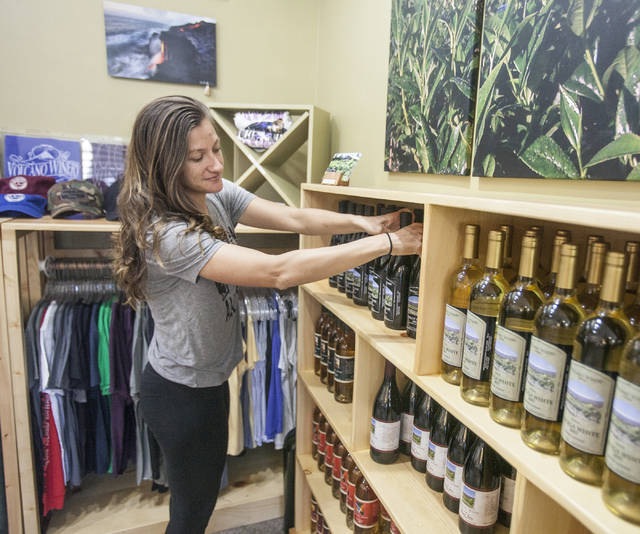
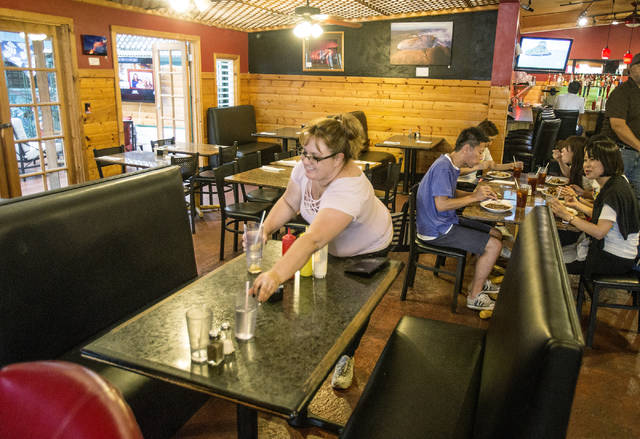

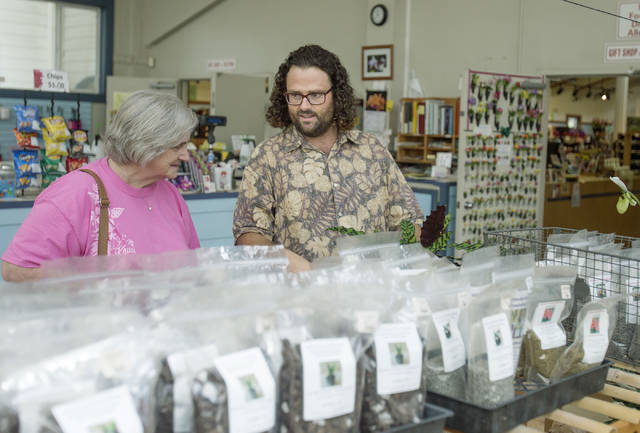
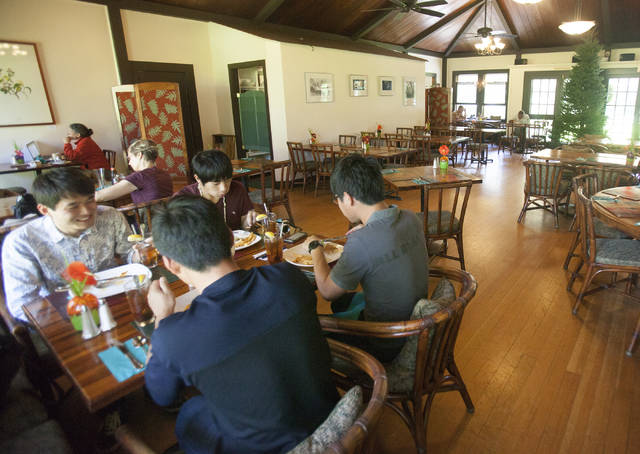
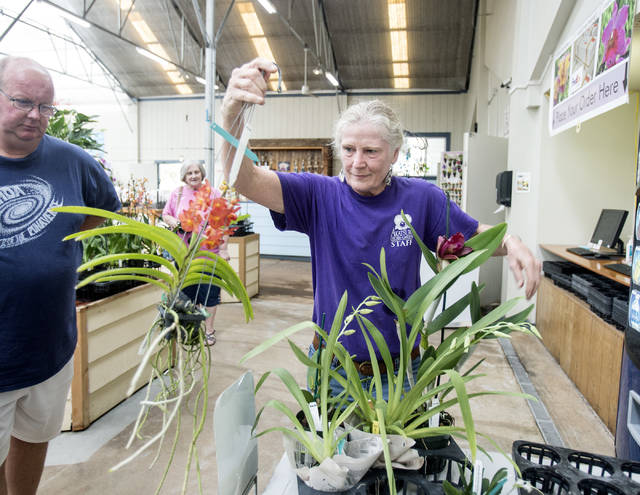





I’m staying at a Volcano village air bnb right now. I chose a cabin on a farmstead specifically because I wanted to experience this lifestyle. I think it is very marketable. plenty of tourists are looking for a quiet, pleasent area to stay….we’re not all raucous partiers who will disrupt the peace and quiet of locals.
There is almost no peace and quiet for “locals”.
It is almost impossible to buy fee simple land away from
a major road, or from an overflight in this state.
I’d buy a thousand acres of lava rock if they’d sell it
and give me title, but Democrats rule this place.
Locals? Who do consider locals? Hawaiian’s? There is a difference between Hawaiians and locals. What is your thought on this?
We booked our stay next week in Volcano Village last year when we were here, and have had no intention of cancelling. We know the area and HVNP and consider both great places to visit. We are glad HVNP will be “fully” open when we are there next week, but we were coming regardless. Aloha!